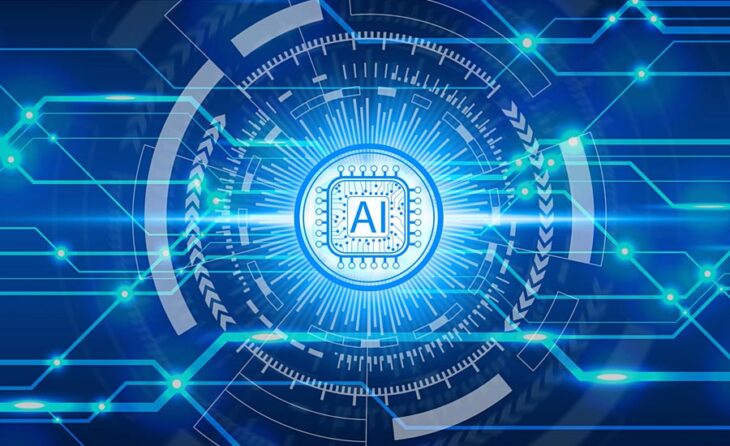By Ubaid Syed
The AI Revolution: Transforming Software Development
Introduction
Artificial intelligence (AI) is, in fact, revolutionizing the landscape of software development, and it is also reshaping traditional workflows, while simultaneously unlocking new possibilities. Additionally, its transformative impact is felt across every stage of the software development lifecycle, ranging from planning and coding to testing and deployment. Therefore, let’s delve into how AI is transforming the software development industry. Learn more about Artificial Intelligence.
Enhanced Productivity:
To begin with, AI-powered tools automate repetitive tasks, thereby freeing up developers to focus on high-value activities. Furthermore, through intelligent code generation, automated testing, and predictive analytics, AI boosts productivity, accelerates development cycles, and minimizes manual effort.
Intelligent Insights:
Moreover, AI analyzes vast datasets to provide actionable insights for informed decision-making. In fact, by leveraging machine learning algorithms, developers gain valuable insights into user behavior, market trends, and performance metrics, enabling them to make data-driven decisions throughout the development process.
Smarter Development:
Firstly, AI augments developers’ capabilities by offering intelligent assistance during coding. Additionally, from code suggestion and error detection to code refactoring and optimization, AI-driven tools enhance code quality, consistency, and efficiency, resulting in more robust and maintainable software solutions.
Agile Testing:
Furthermore, AI transforms software testing by automating test case generation, execution, and analysis. In addition, with AI-driven testing frameworks, developers can identify defects early, improve test coverage, and ensure software reliability, leading to faster releases and enhanced user satisfaction.
Seamless Deployment:
Consequently, AI streamlines the deployment process by automating infrastructure provisioning, configuration management, and release orchestration. Moreover, through continuous integration and deployment pipelines, AI enables rapid and reliable software deployments, reducing time-to-market and operational overhead.
Intelligent Monitoring:
Additionally, AI monitors application performance and user interactions in real-time, detecting anomalies and predicting potential issues before they impact end-users. As a result, by proactively identifying and resolving issues, AI ensures optimal system performance, availability, and reliability.
Personalized Experiences:
On the other hand, AI enables the delivery of personalized user experiences through recommendation engines, natural language processing, and sentiment analysis. Specifically, by understanding user preferences and behavior, AI-driven applications can tailor content, features, and interactions to individual users, enhancing engagement and satisfaction.
Continuous Optimization:
Lastly, AI fosters continuous optimization by analyzing feedback, monitoring usage patterns, and identifying opportunities for improvement. Consequently, through iterative refinement and experimentation, AI-driven software evolves to meet evolving user needs, driving innovation and competitiveness.
In conclusion, AI is transforming software development by augmenting developer capabilities, automating tedious tasks, and enabling data-driven decision-making. By harnessing the power of AI across the software development lifecycle, organizations can accelerate innovation, improve efficiency, and deliver superior digital experiences in an increasingly competitive landscape.




